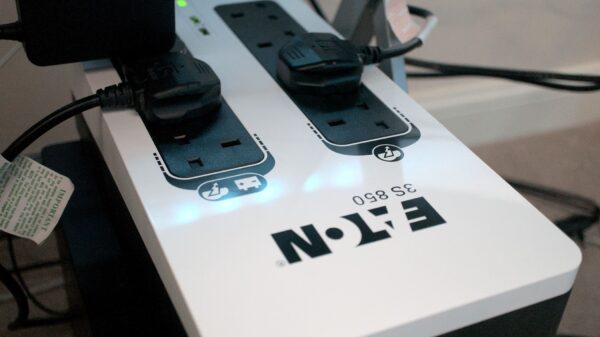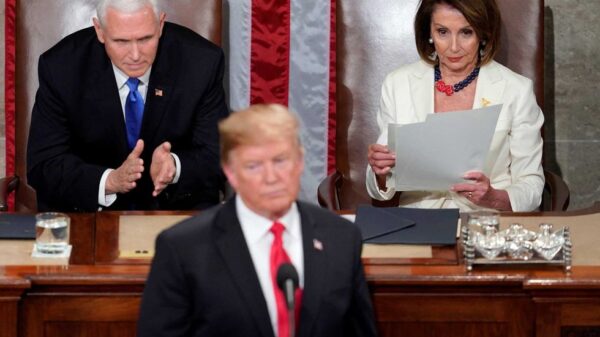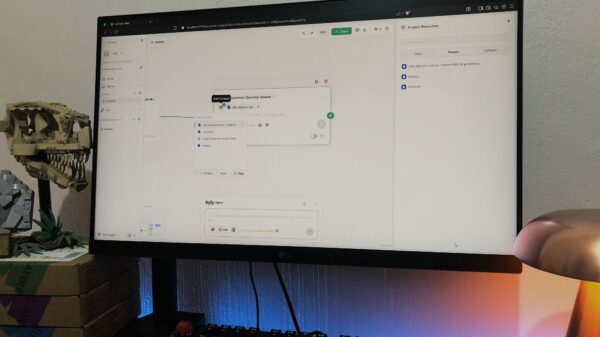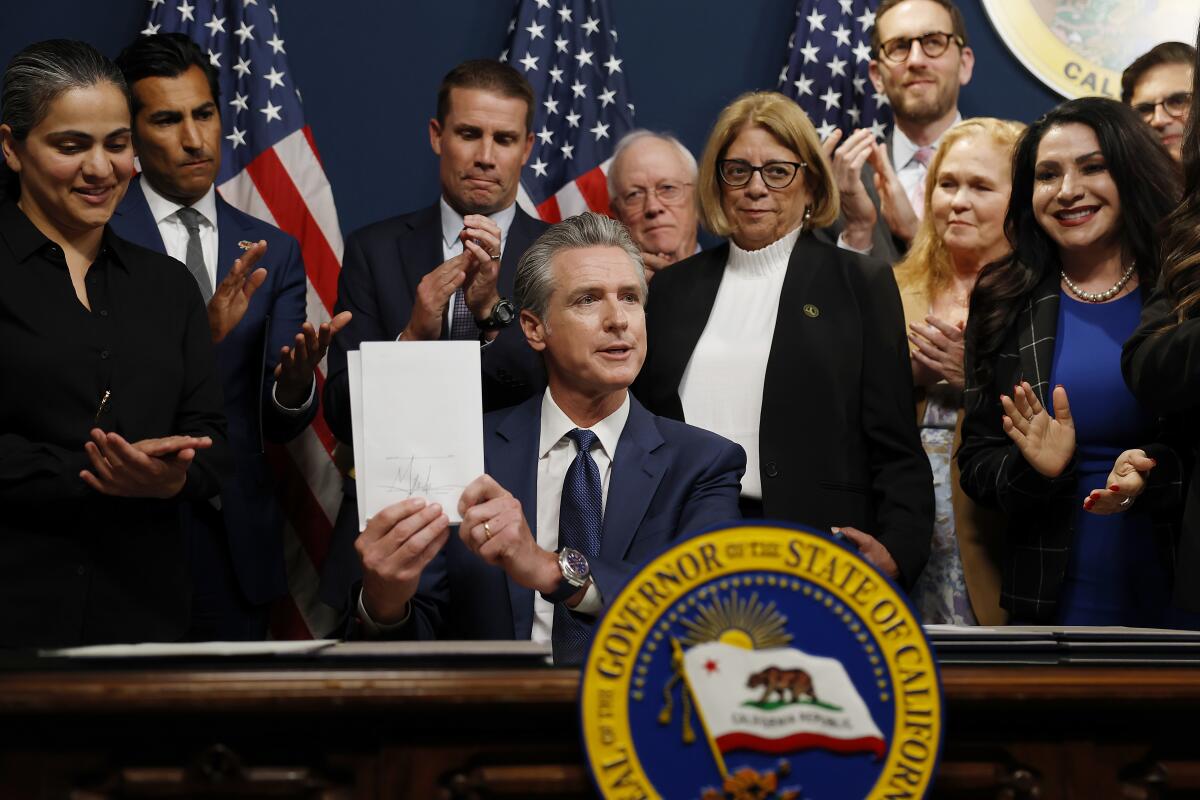URGENT UPDATE: California Republicans have just filed a lawsuit with the California Supreme Court to block Governor Gavin Newsom’s controversial redistricting plan from appearing on the November 4 ballot. This legal maneuver, presented in a sweeping 432-page lawsuit, accuses Democrats of violating the state Constitution by attempting to dismantle nonpartisan electoral maps.
The GOP’s latest attempt follows a previous emergency petition, which was denied without a hearing. Their argument hinges on claims that the proposed measure, known as Proposition 50, infringes upon Californians’ rights to fair elections by favoring partisan boundaries that benefit Democrats. This plan is perceived as a counteraction to the GOP’s recent successes in Texas, where new congressional maps could secure Republicans five additional seats in the 2026 midterm elections.
In a statement, attorney Michael Columbo described the dual question posed to voters as an “illegal, take-it-or-leave-it choice” that undermines the state’s constitutional limitations on ballot measures. Critics argue this convoluted approach violates voter rights by muddying the essential issue of redistricting.
Legal experts are divided on the likelihood of success for the Republicans. David A. Carrillo, director of the California Constitution Center, pointed out that the common subject of redistricting might provide a sufficient basis for the measure to remain on the ballot.
In a surprising twist, former President Donald Trump announced that the Justice Department will initiate a lawsuit against California over the plan “pretty soon,” although he has not clarified the legal grounds for such a challenge. In response to this threat, Newsom tweeted, “BRING IT,” signaling his readiness to defend the proposal.
Opponents are also pushing for transparency surrounding the initiative. A group formed by former House Speaker Kevin McCarthy has filed a public records request for communications tied to the drafting of Proposition 50, raising concerns about potential bias in how the measure is presented to voters.
As the clock ticks down to the November vote, the stakes are growing higher. The implications of this legal battle extend beyond California, reflecting wider political tensions as both parties gear up for the 2026 elections.
With Proposition 50 poised to alter the political landscape, all eyes will be on the California Supreme Court as they deliberate on this urgent matter. Analysts warn that if the court intervenes, it could set a precedent for how redistricting is approached in the future.
This developing story is sure to be closely monitored as the November ballot approaches, with significant implications for the electoral map and party dynamics in California and beyond. Stay tuned for updates as this situation evolves.








































































